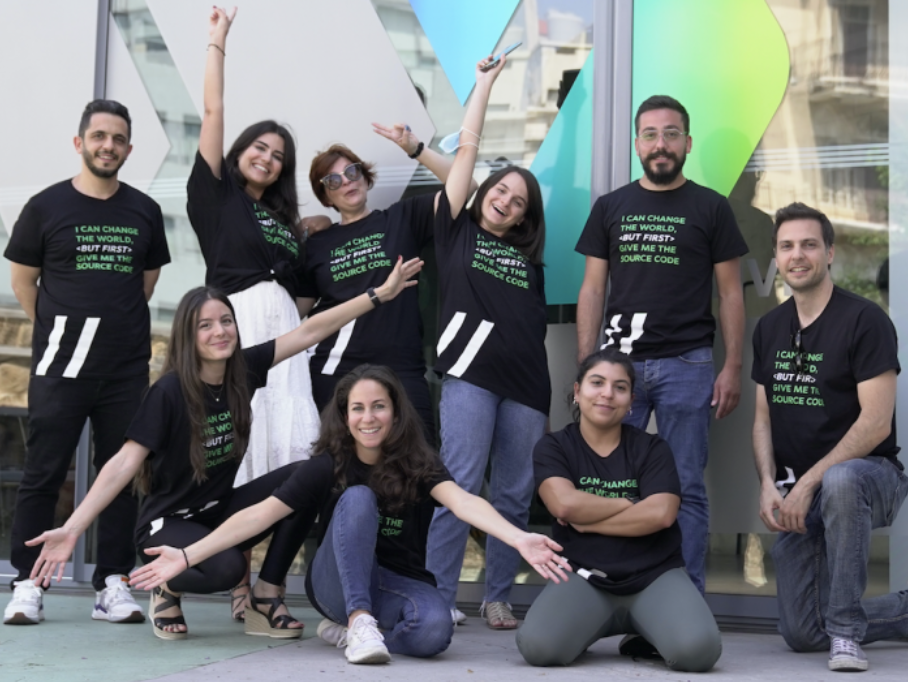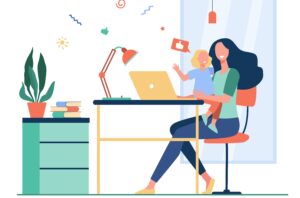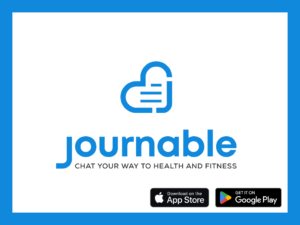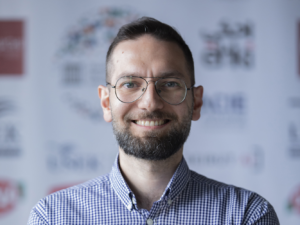In this article, Zeina Saab, Co-Founder of SE Factory, shares her personal leadership experiences, the key learnings in operating in times of crisis, and how the company shifted strategies and thrived. Zeina also shares her personal struggles and how she managed to overcome them.
The motivations to found SE Factory and its successes in numbers
In 2016, I co-founded SE Factory with Fadi Bizri, with the aim to develop the coding skills of youth across Lebanon and turn them into web developers. Since then, we have grown into a team of 12 people, and have trained around 500 youth so far across the country. Of the 200+ that have graduated from our Full-Stack Web Development bootcamp, 90% of them have found jobs, while 50% of them are working remotely from Lebanon for companies based abroad – receiving fresh USD and helping to shield them from the financial and economic collapse that has affected millions in Lebanon. We have almost 140 local and international companies signed up to hire from our talent pool, while at least 85 companies have hired our graduates.
Although we have all been going through a devastating period in Lebanon, we remain fully committed to Lebanon, and our goal is to start training hundreds of youth every year, helping to turn Lebanon into a destination for outsourced tech talent. And, despite the crisis, we at SE Factory have actually been growing our team, our revenue streams, our employment partners, the number of student applicants, and have, against all the odds, managed to maintain our 90% employment success rate.
Looking back at the past two years, it is helpful to reflect upon the decisions that we made that helped us get through the most difficult times. Here is what we did at SE Factory that has contributed to our success, despite the challenges.
We were responsive and adaptive to the changing environment
During the onset of COVID-19, we immediately made a decision to move all our courses and trainings online. I still recall having the call with our team in the very early days of the pandemic, when moving everything online was still uncommon. Yet, we evaluated our options and realized we needed to make a quick decision, even if it meant it was going to be a challenge. The move online was less than ideal but we had no other viable options, so we had to make it work.
By moving online, we recognized the quality of the instruction could be affected, and the personal connection and relationships with the students would also be compromised. So our team worked harder to connect with them and check up on them on a regular basis, and the instructors made sure to keep them engaged. The result has been that nearly all our graduates have gotten hired despite having been trained online.
We were also responsive to the needs of our students: if they needed internet data bundles and couldn’t afford them, or they needed laptops, or a basic stipend to keep them committed to the course, or, more recently, power banks to keep their laptops on during the electricity outages. Our team has been there to connect them to whatever they need in order to ensure they could stay focused on the course instruction.
We used the crisis to our advantage
The move to online trainings had some advantages, including the fact that we were no longer tied down to in-person training in a specific area (Beirut and Tripoli); instead, our online programs were suddenly accessible to youth throughout the country.
With the economic collapse and the financial crisis, the demand for web developers has decreased significantly in Lebanon compared to the pre-crisis. As a result, we had to change our strategy and focus more on international clients. COVID-19 showed the world that we can learn and work online, so that made it easier to convince companies abroad to hire remote talent from Lebanon. So we were able to make the pandemic (despite all the pain it has caused) work in our favor.
Similarly, with the devaluation of the Lebanese currency, we have been able to attract more companies to hire from Lebanon since employee salaries have become more affordable and competitive for them.
We focused on our team and strive to maintain a healthy work environment
Our team has been a true asset throughout all of this. Fadi and I have other work commitments outside SE Factory, and we came to recognize that there were some major gaps in the organizational structure which we were unable to fill ourselves, so it became crucial to hire key people that could help us move forward during the challenges.
As a result, we have hired amazing people in 2021 who, along with our other fantastic team members, have made SE Factory even stronger. It has been our incredible team working full-time and often overtime during this period of crisis, which has helped keep SE Factory strong and impactful during the ongoing collapse in Lebanon.
Like everyone else in Lebanon, the team has been under intense pressure throughout the past two years. In 2021, the pressure became too much to bear, so we decided to shut down SE Factory for one week to give the team a break – and this will be something we do annually moving forward. Recently, some of us even took a few days together and worked from a beach chalet in Batroun to help foster a stronger connection with each other, disconnect a bit from the intensity around us, and to remember the importance of maintaining a good work-life balance. On that topic, I really recommend Simon Sinek’s two minute talk about “The RIght Way to Do Work-Life Balance.” It’s quite refreshing and certainly a much better way to work and live – especially during a crisis.
We focused a lot on work-life balance and never took quality work for granted
The work environment at SE Factory is extremely important. We are a fun, flexible, chill, social impact-oriented enterprise working in a comfortable environment where anyone feels empowered to speak their mind in a safe space. We are the furthest from a corporate/rigid/must-work-from-the-office kind of team and do not have check in or check out times. Instead, we are deliverables oriented.
There is often a fear that without set working hours, team members may take advantage and not work at full capacity; in fact, the opposite is true at SE Factory. Our team members work full-time, over-time, and even on weekends – and we have to beg them to stop working. The beautiful thing is they do it from their heart because they love the core mission of SE Factory – and we are so grateful to each of them!
We have made sure not to take our team’s hard work for granted as we don’t want anyone to burn out, so we are always evaluating the need for expanding our team if our budget allows. And we are continually on the lookout for the best talent to join the team as this is what will largely guarantee our long-term success: recruiting, investing in and retaining top talent.
Unfortunately, in 2021, due to the turbulent situation, some key team members decided it was time for them to leave Lebanon and got job opportunities outside the country. This was a rough period as we had to scramble to find top talent to replace them. To our surprise, despite the exodus of people sadly leaving Lebanon these days, we still found incredible new team members to join our team and who are already making their mark on SE Factory’s continued growth and impact. We learned to take our time and to hire smartly. When asking our team members what draws them to SE Factory – we often hear that it’s the mission, the impact, and the team spirit/work style that keeps them fully engaged and committed.
Personally, I learned to remember to also focus on myself during the crisis
As for me – as is the case with so many others, the past two years have truly been devastating emotionally. The news and negativity around us consumed me to the point of sometimes depleting my energy and ability to easily get out of bed. I felt the toxicity running through my blood and the anxiety eating me up. I struggled with feelings of depression and would easily get overwhelmed by tears and sadness and heartbreak.
I remember recently talking to my brother who lives in the US, and he was asking how we were dealing with the collapse, and I had told him we were doing fine and that we were very lucky as we had all our basic needs met. But then I told him about the emotional state I was in, and he said, “Your basic needs are not met. Your mental health is a basic need.”
His comment really struck me as I hadn’t thought of it like that. It was then that I realized I needed to start taking care of myself, otherwise I was going to break down. He had previously recommended an app called “Ten Percent Happier” and it became therapeutic for me – the short talks about how to deal with pain, suffering, anxiety, and injustice were so full of wisdom. Gradually, I began to feel better and my mindset started to shift. ,I am now in a much better place emotionally, and feel healthier and more capable of dealing with the uncertainties around us. I also feel full of energy and more upbeat, positive, and ready to continue to give my all for SE Factory, for the youth of Lebanon, and for our precious country.
Special thanks to our wonderful partners for standing by us during this difficult time and for stepping in to provide us with support, resources, and valuable advice to allow us to continue to make an impact: Alfanar Venture Philanthropy, LIFE, Al Ghurair Foundation for Education, HOPES-Madad, and of course, Beirut Digital District!
To learn more about the inspiring work SE Factory is up to, visit: www.sefactory.io




